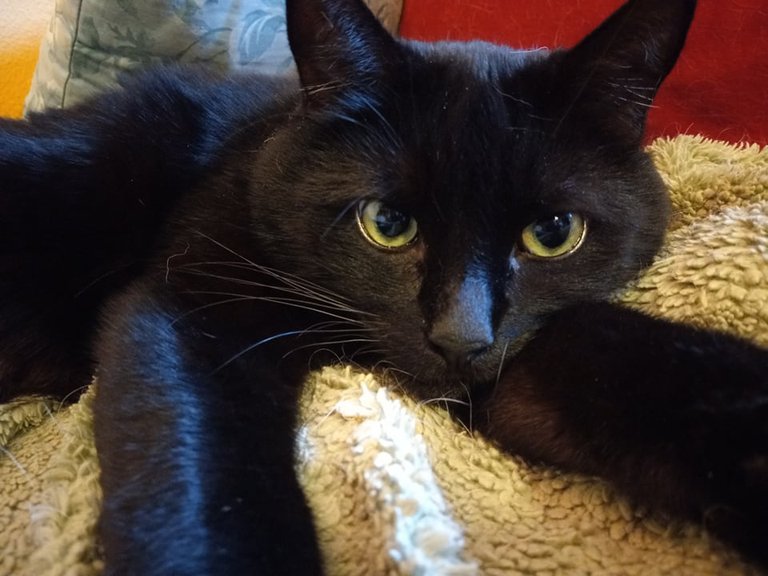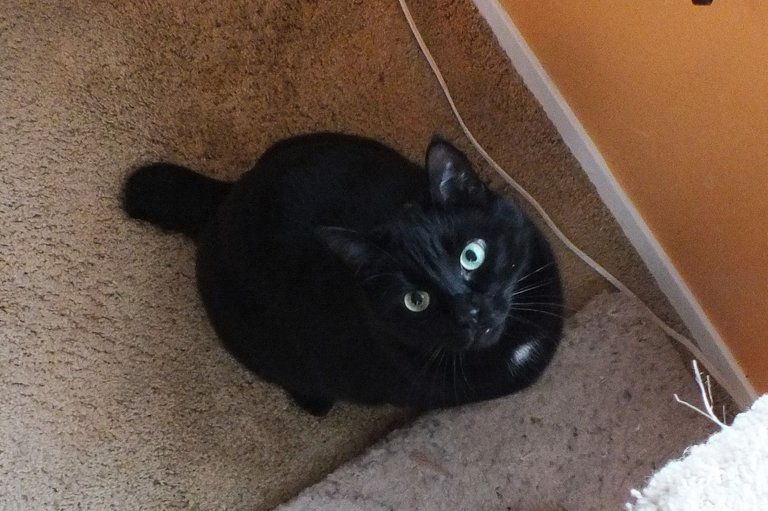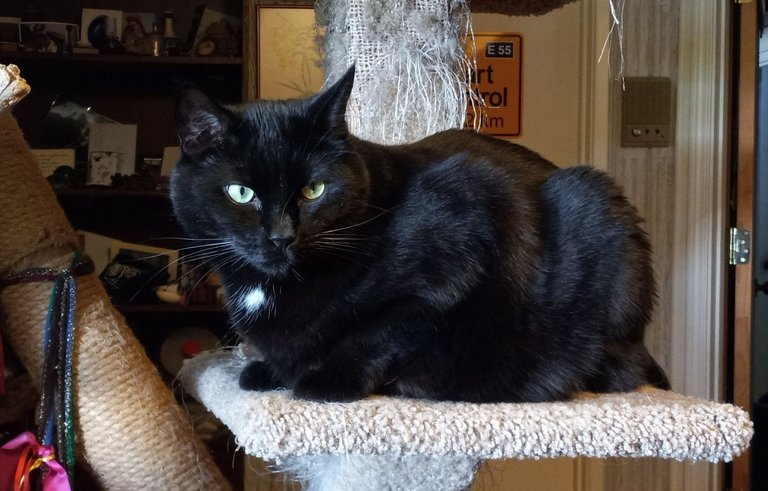What About "Stability?"
If you ask economists, industrialists, investors and perhaps people in general, everyone seems almost obsessed with growth.
Growth...

It feels like we’re always looking for eternal growth and expansion, and for next month; next quarter; next year to be bigger and better than the one before.
Nobody ever talks about stability as something to strive for.
We're even made to feel bad; like we're failing if we're not on the eternal expansion and growth train. We'll get left behind.
The problem with growth is that people only seem to contemplate it in the short term, or what they might consider ”the foreseeable future.”
But if you extrapolate out into the future, if I am supposed to have/consume 6% ”more” every year, when you go 25 years down the road, that means I need to consume four loaves of bread a week, instead of one.

Which, of course, doesn’t happen.
As a result, we turn to ”value added” as the engine that drives this eternal growth… but this value added often doesn’t really add anything of actual tangible value, instead it creates ”artificial demand” where before there was none.
I don’t really need heated seats in my car, or for my potato chips to have six flavors in the bag, instead of three. I need one pair of running shoes, and I don't need them to also have a built-on flashlight and homing device. I'm not excited about those features, and they strike me mostly as an additional point of failure.
My computer can now make phone calls, and my phone can serve as a computer… but that doesn’t actually mean that I get to give up either my computer or my phone… it just means I have to keep track of more time consuming stuff than I did before.

It might be fueling growth, but is that actually providing value?
Not so long ago I was asked what I do value, and the fact that my answers turned to intangibles such as "time with family" and "relaxation" and "along time for reflection" was not really that popular.
Which is weird, given that we often say we want those very things.
I am reminded of that old bumper sticker I still periodically see:
The best things in life are not THINGS.
I can't help but think that our obsession with growth is part of what has created this society in which we often value "assets" more highly than people.

Frankly, I'd much rather have a nice nap in the sun, than the latest iPhone 378!
Till the next one... Feel free to leave a comment — this IS "social" media, after all!

I think there’s a limit to growth: GDP growth. The economic models were built on many assumptions and prerequisite requirements. But things are dynamic, ever changing. So, the fiat system of economic growth and expansion will need a reset as it would have to die. So, a new cycle of wealth transfer could continue! It’s a nasty game with few controllers!
I think you are right. Everything has a natural life cycle. Even trees that live 100s of years eventually die and are reborn as saplings and a new cycle begins. The growth obsession will likely end up causing its own demise... and yes, people will start to measure "wealth" in different ways...
=^..^=
It's a nice idea and nicely explained. But I'm afraid there won't be many comments. Because comments written here will not bring growth to the account that left the comment.
Which is basically saying that the only thing people care about is money; the social and content creation aspect of the experience is meaningless. And yet? Millions of people put comments on Facebook/IG/YouTube/X with absolutely no expectation of growth.
=^..^=
I think people are on those networks for different reasons, but they are primarily on Hive for the money.
View more